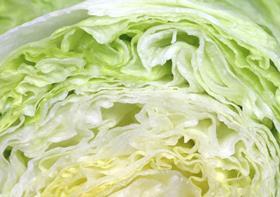
Following the E.coli outbreak in Europe, it was announced last week that the United Arab Emirates (UAE) had issued a temporary ban on cucumbers originating in Spain, Germany, Denmark and the Netherlands.
It was stated that other produce from the above countries would be allowed in, provided importers could supply documentation that it was free of E. coli.
However, importers in Dubai have expressed doubts over such a stance, questioning who companies should go to to gain the necessary documentation.
One Dubai-based importer told Fruitnet.com that sales of vegetables had been hit as a result.
'Port authorities and airport authorities in the region are rejecting Spanish and other European iceberg lettuce without even testing it,' a spokesperson said.
He added that a truck of 100 boxes of Spanish iceberg had been stopped at Doha Port in Qatar and forced to return to Dubai.
'The reason given was E.coli, but they hadn't even tested it,' he explained.
Such restrictions are hurting the foodservice industry in the UAE, as well as those that supply it.
Suppliers often import mixed-load shipments from the Netherlands, meaning that if a delivery is rejected, it is not just salads but many different types of produce, including fruits, that are left to perish.
Another UAE-based importer explained to Fruitnet.com that it was seeking alternative sources of supply in Morocco and Australia, but that this would be no cure-all – the variety available in Morocco was limited compared with that in the Netherlands, while the cost of shipping from Australia was far higher.
Other countries in the region have also banned EU vegetables, including Saudi Arabia and Lebanon.



